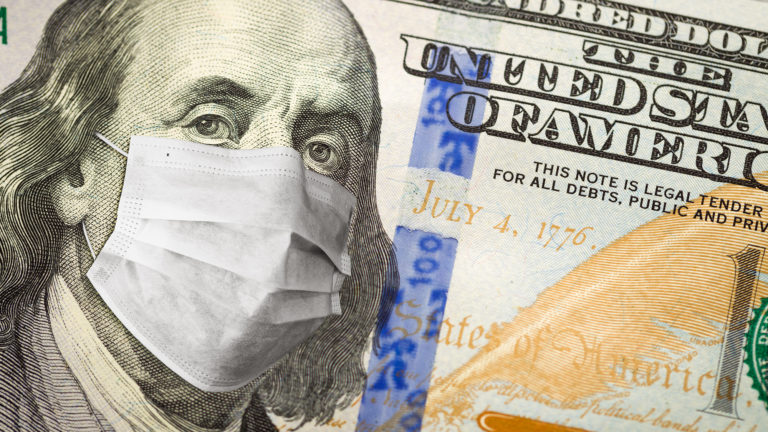
Free to Choose
A Personal Statement
Read or listen offline
Amazon KindleRecommendation
Nobel laureate and economist Milton Friedman was a significant influence on the monetarist and free-market move to the right that began in the 1980s. Friedman was a great communicator – able to convince economists, politicians and general readers of the sense of his theories. Decades after its publication and republication, this treatise – written with his wife, economist Rose Friedman – still serves as an accessible handbook for those on the political right. It is ardent, but never heartless; radical, but never blindly ideological. The Friedmans’ monetarist interpretation of the Great Depression proves especially interesting in light of recent history. Would Friedman have approved of quantitative easing? His criticism of the Fed in the 1980s indicates that he would have favored easing in principle, but the question of degree remains: Yes, in favor of easing, but how much? Some of his issues, like inflation, may not apply at the moment, but many of Friedman’s arguments still smolder. While always politically neutral, getAbstract recommends this foundational read – the seminal text of subsequent right-leaning thinkers and their books.
Summary
About the Authors
The late Nobel Prize winner Milton Friedman was one of the 20th century’s most influential economists. His late wife Rose Friedman taught at the University of Chicago Law School.

















Comment on this summary